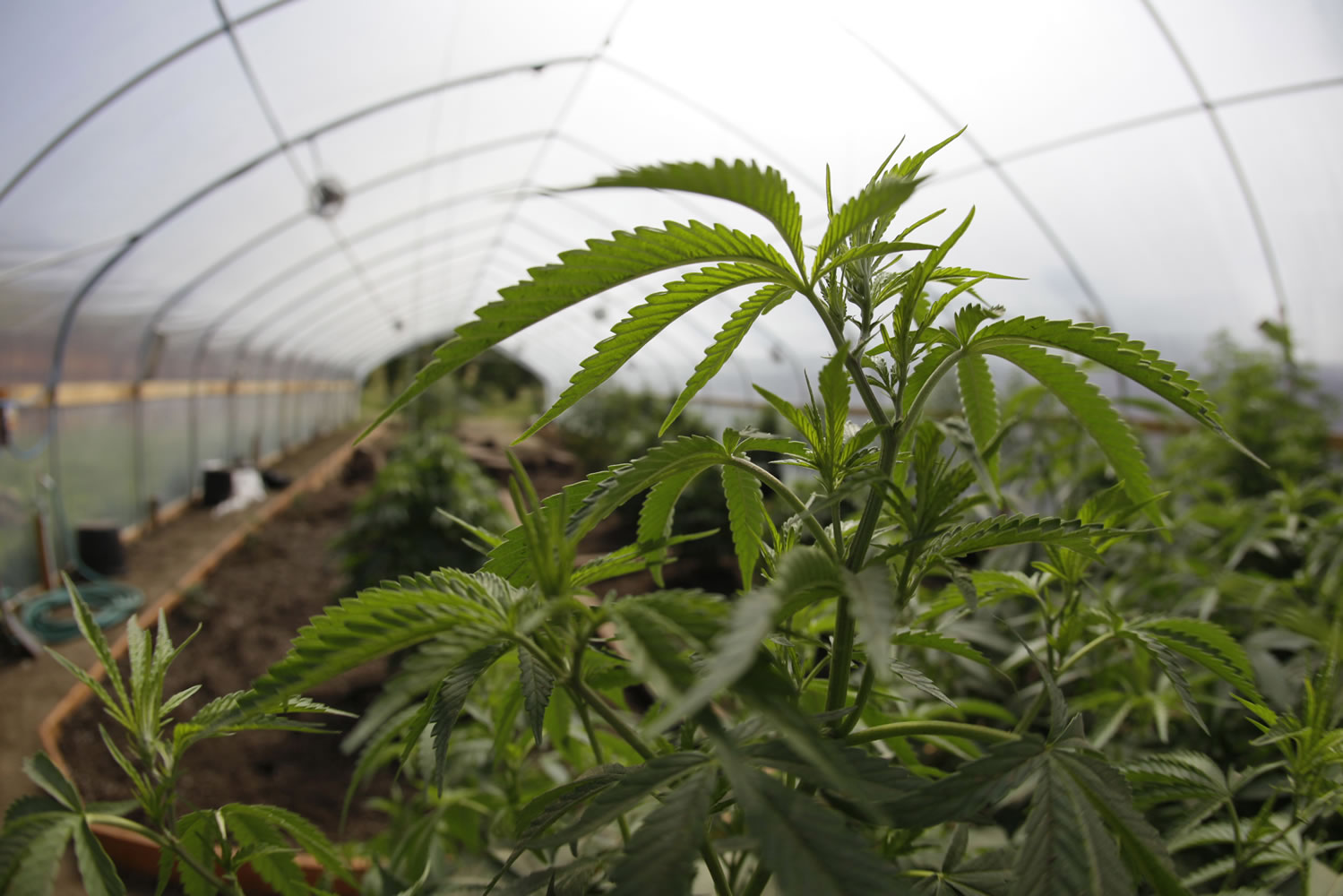SEATTLE — Prosecutors and crime lab scientists say a little-noticed provision in Washington’s new law legalizing recreational marijuana has jeopardized their ability to go after any pot crimes at all, and they’re calling for an immediate fix in the Legislature.
The group is suggesting a change in the legal definition of marijuana, and they have the support of the Seattle lawyer who drafted the initiative.
The problem stems from a part of the law meant to distinguish marijuana from industrial hemp, which is grown for its fiber. The law defines marijuana as having more than 0.3 percent of a certain intoxicating compound, called delta-9 THC.
Scientists with the state crime lab say that often, even potent marijuana can have less than 0.3 percent. It’s only when heated or burned that another compound, THC acid, turns into delta-9 THC and the pot achieves its full potency.
“When you smoke it, it would be very potent, but before that, it would be considered hemp under the law,” said Erik Nielson, standards and accountability manager for the Washington State Patrol Crime Lab’s Forensic Lab Services Bureau.
That means that if people get caught with more than an ounce of marijuana — the amount adults are allowed to have under the law — or if police bust illicit grow operations, prosecutors might not be able to prove the plants or material seized meets the definition of marijuana.
“It would have an impact on our ability to enforce the law,” said Ian Goodhew, deputy chief of staff to King County Prosecutor Dan Satterberg.
Although the lab could analyze the delta-9 THC content by burning it, that would essentially tamper with the evidence seized in any case. Another option would be to buy expensive new equipment that can test for the compound without burning the plant. But money is tight, and the lab would have to spend months developing protocols for using that method.
Instead, the prosecutors and crime lab scientists worked to draft legislation to fix the problem by changing the definition of marijuana. The measure, introduced Tuesday, would define marijuana as parts of the cannabis plant containing more than 0.3 percent by dry weight of combined delta-9 THC and THC acid. The bill is due to have a public hearing in a House committee Thursday.
Washington voters passed Initiative 502 last fall, joining Colorado as the first states to legalize recreational marijuana for adults over 21, and to allow the sale of taxed pot at state-licensed stores.
Under Washington law, voter-approved initiatives cannot be amended within two years after passage unless lawmakers approve it by a two-thirds vote in both houses.
The proposed fix for the marijuana definition is not considered controversial. It has the support of Alison Holcomb, who drafted the initiative.
“Obviously it was never the intent to make it impossible to be able to prosecute cases that fall outside what I-502 intended,” Holcomb said Wednesday.
Randy Oliver, chief scientist at the Seattle marijuana-testing facility Analytical 360, said it makes sense to define marijuana by the combined amounts of THC acid and delta-9 THC. However, he said, the concern may be overstated.
He said most marijuana does test above 0.3 percent delta-9, although sometimes freshly cut bud that hasn’t been dried does test below it. Of the last 600 samples his lab reviewed, the average pre-heating content of delta-9 was 0.6 percent.
“In almost all the flowers we test, we have over 0.3 percent,” Oliver said.



